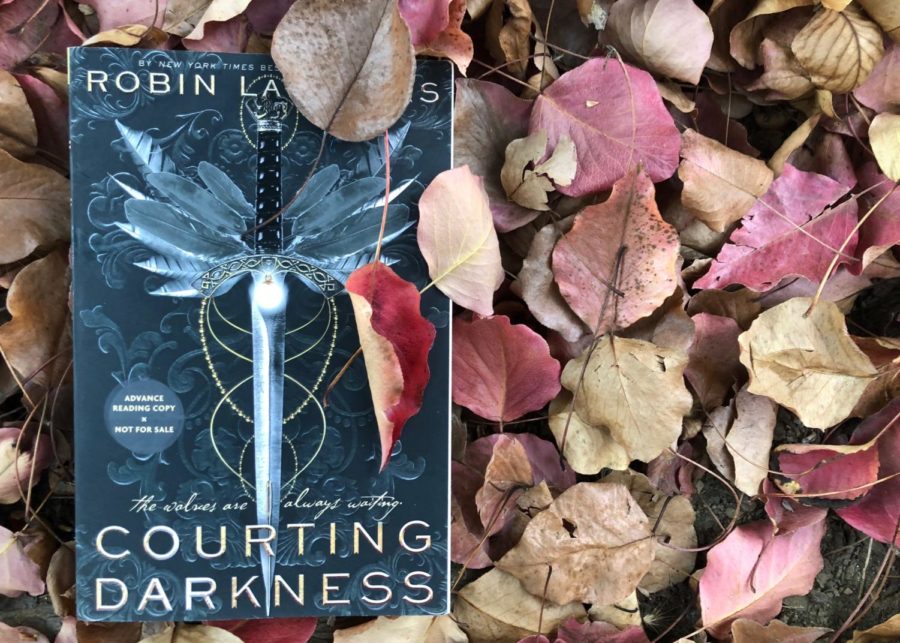Elaborate ball gowns, a world of luxury, and a forbidden love story are all elements you’d find in a typical historical fiction book.
However “Courting Darkness” embodies a storyline that includes none of those elements.
The novel by Robin LaFevers brings realistic historical factors into a genre dominated by the cliché.
“Courting Darkness” takes place in the same world as the “Grave Mercy” trilogy, a bit after the final book. In this world, the god of death, Mortaire, went to the human world and sired many daughters with human mothers from all social classes. These daughters are granted some of death’s powers and if they are found, they are taken to a covenant to become an assassin of death to serve his justice.
Sybella has always been one of death’s darkest daughters and best assassins. Genevieve is undercover in France and believes she’s been forgotten by the covenant. When Sybella is forced to go to France to protect the Duchess of Brittany, she finds herself surrounded by enemies. Sybella’s one ray of hope is finding Genevieve for help and intel, but as Genevieve continues to wait for orders from the covenant, she decides to take matters into her own hands. As their two paths intertwine, Sybella and Genevieve’s separate yet similar agendas threaten to collide and destroy everything they care for.
The factor that sets “Courting Darkness” apart from your average historical fiction novel is the fact that it doesn’t sugarcoat how life was at that time, such as what being pregnant meant or how some families had incestuous relations. It adds another level of gravity to each situation and makes the emotions felt by each character feel all the more real.
Emotionally, the novel was a roller coaster full of twists and turns. Each feeling expressed by the characters felt raw and unfiltered, which made me really sympathize with and understand the characters and what they were going through.
Additionally, the story takes place during the transition from Brittany from being a separate country to its being absorbed into France. This did happen in the 16th century, but it’s not commonly known history and with the line between fiction and history often blurred, it can get confusing.
When reading through “Courting Darkness,” I was really drawn in by the intricate plot and heavy feel the historical aspect brings to it. However, that should also be taken into consideration because, in some parts, the material became so dark that I had to put it down to come to terms with what was going on.
All in all, I went in expecting a novel that mirrored the first trilogy and instead read a worthwhile continuation full of unique and intricate plot twists.
“Courting Darkness” may not be the historical romance expected of the genre, but it’s definitely a worthwhile read for those who are looking for a story that doesn’t skimp on vivid emotion and historical accuracy.



